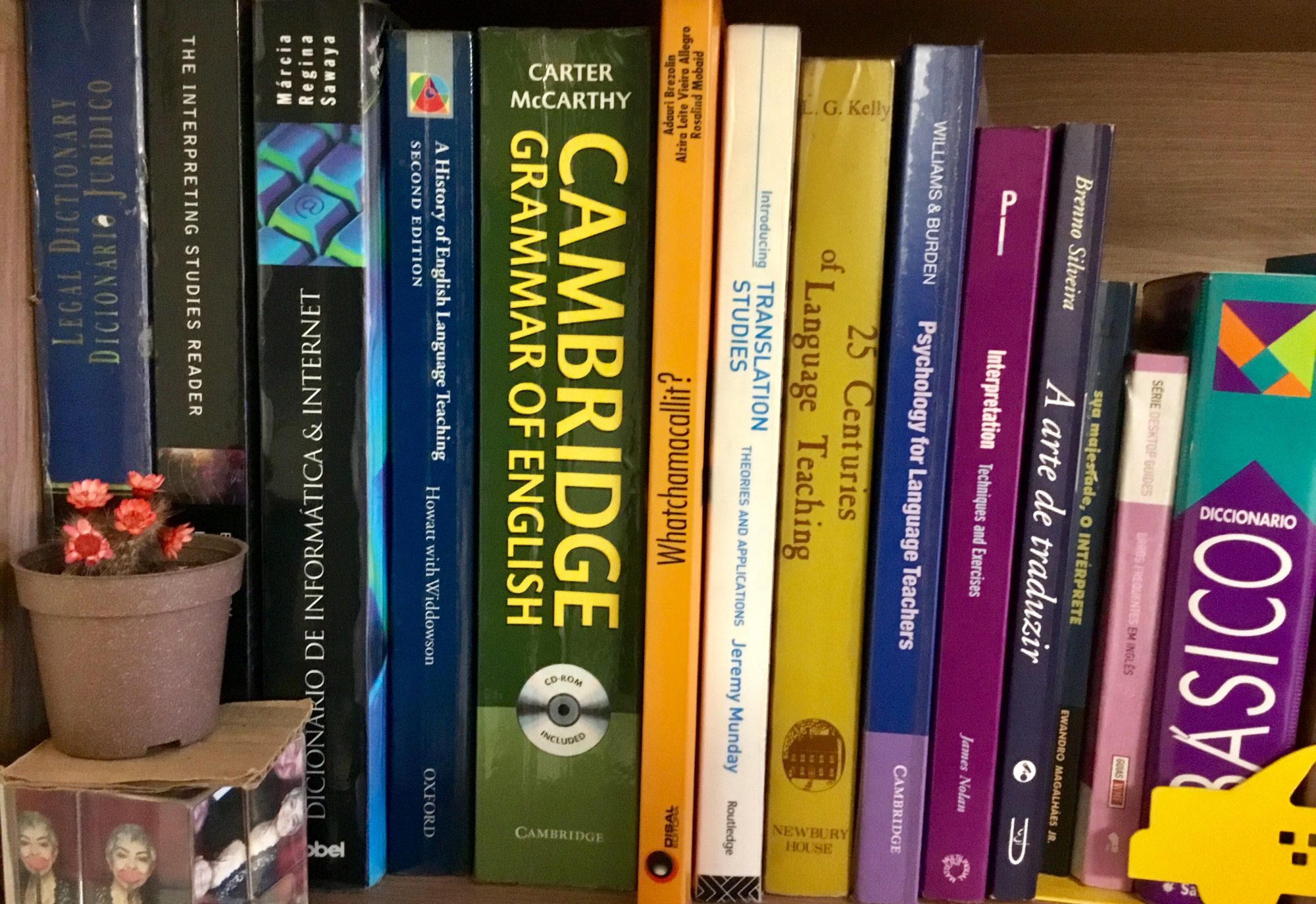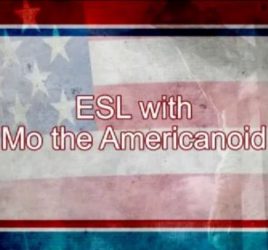Last weekend we were celebrating my birthday at the home of a dear couple, Mari and David, who even surprised me with a deliciously personalized Black Forest Cake. They were so excited to have that cake made especially for me and quickly apologized saying that the cake maker had mislabeled it with “Congratulations” instead of “Happy Birthday”.

We had a wonderful time together and talked about nothing and 1001 things. At one point, my wife ask Mari about her English classes.
Mari works in marketing and customer service for an international company and needs to improve her language skills so that she can participate in global conference calls and presentations.
The last time we had talked about it, Mari had told us she was having online classes with a “native” teacher and that she found it hard to study and focus but she was feeling she was making some progress.
This time, she said, “now I am having face-to-face classes at a language school near my office, after work. But… my teacher is ‘NATIVE’ “.
My astute wife shot back right away: “why are you saying he’s ‘native’? What difference would it make if he wasn’t native?
Mari stood there (or sat there as I remember) with her mouth hanging open searching for good reasons. She realized I’m an English teacher and I am not “native”. So she said, “Yes, Mo, but you are native-like”.
Agreed, my English is amazing (may modesty take a hike for awhile), but what makes me a great language teacher (there I go again) is not simply the fact that I can speak English and can lead some people to believe I am an American, or Australian, or Canadian, or Irish etc… depending on the nationality of the students trying to guess where I am from.
I am a great teacher because:
- I am knowledgeable /an expert in the subject I’m teaching.
- I know how to convey information in a simple, brief and clear way.
- I’ve been there. I know what it’s like to be trying to speak another language: Empathy.
- I am patient.
- I motivate, correct, exhort, encourage learners to aim to a higher level with my own passion for the language learning process.
A couple of weeks ago I came across a post written by Justin Murray (a ‘native’ teacher of English) on the English Experts website:
“[…] Another advantage about native speakers is that their students generally feel more motivated to speak in English in class. The fact that the teacher is from an English speaking country and not the country of the students generally works as an unconscious trigger for the student to speak the language. This may have nothing to do with the teacher’s proficiency or teaching ability.”
“The final advantage, which is the most popular, is that a native born teacher will teach or transmit much better pronunciation. This is for sure an advantage, but what a lot of people don’t know is that it’s difficult for beginners and lower intermediate students take advantage of this. In my opinion, upper intermediate and advanced students will benefit a lot more.” https://www.englishexperts.com.br/are-native-english-speakers-really-better-teachers/
Having read the quote above, I risk repeating myself:
At the end of the day, it doesn’t matter what planet your teacher is from, what will matter is the learner’s commitment, focus and effort (time, money, skills) to learn and improve their language skills. If having a native teacher makes you feel better, knock yourself out. But that doesn’t mean you’ll learn any faster or better.
The teacher, either Native, Native-like, or Martian will be just a facilitator and provider of resources.
Happy teaching and happy learning,
Mo
(The cake was amazing, by the way)


